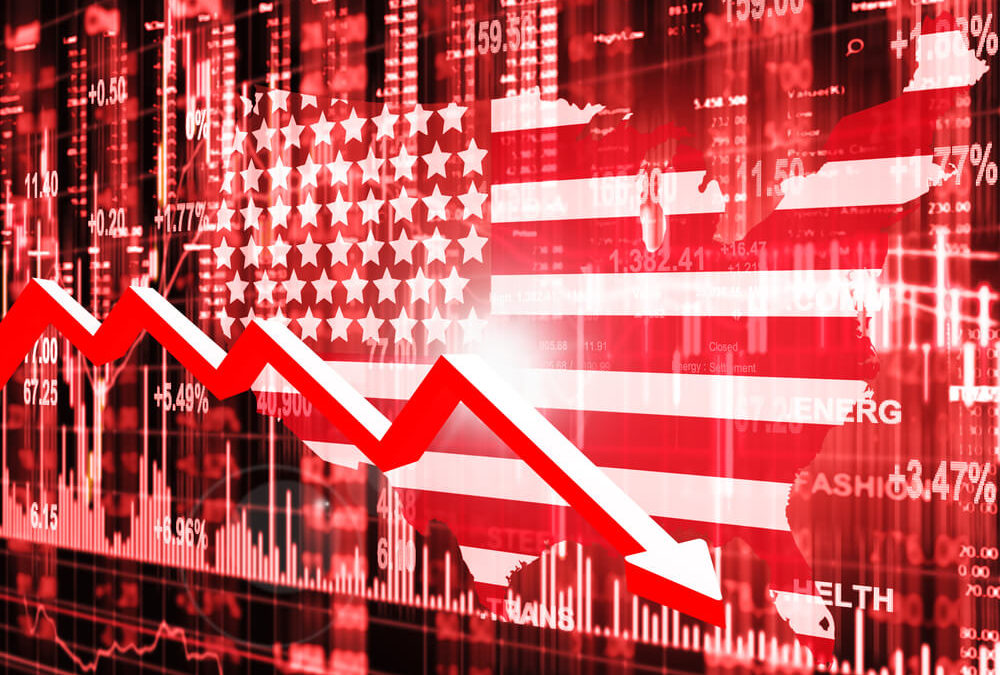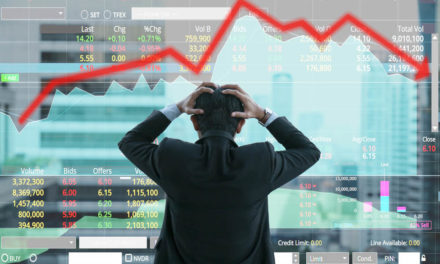After the latest salvo was fired by Beijing in the escalating trade war between the U.S. and China, Morgan Stanley is warning that more tariffs are likely to lead the U.S. economy into a recession.
“The potential cost headwinds of 25% tariffs on on all Chinese exports to the U.S. could be in the range of 1.0-1.5% of the index’s net income,” Morgan Stanley analyst Michael Wilson wrote in a note to investors Monday. “But demand destruction and ailing confidence increase the potential impacts well beyond just higher costs and would likely lead to an economic recession in our view.”
Last week the Trump administration announced it was following through on earlier threats to raise tariffs on $200 billion worth of Chinese imports from 10% to 25%, and that tariffs on another $300 billion worth of goods would be forthcoming, sending markets roiling.
Trump has repeatedly claimed that China “broke the deal” as the two sides continue to negotiate.
Beijing then announced retaliatory tariffs on $60 billion worth of U.S. products, mostly from the agriculture sector, hurting U.S. farmers further, effective on June 1. The announcement sent the major U.S. indexes tumbling.
The S&P 500 and Dow were each down 2.5%, and the Nasdaq down 3.3% by lunchtime Monday on the East Coast.
Wilson has been warning about the likelihood of an earnings recession hurting the profits of a number of companies listed in the S&P 500, which he maintains has been overvalued as it approached 3,000.
“While last week’s correction helped move the risk-reward closer to balance, we think there is likely more downside than upside based on our high conviction view that (next twelve month) earnings expectations remain too high by 5-10%,” Wilson said.
The S&P 500 dipped 2.2% last week, though, it is still up 15% on the year.
However, as the trade war continues to escalate, Wilson says the probability of a full-blown recession rise along with it.
“There are many signs that the risk of a recession in the next 12 months is rising,” Wilson said, adding that Morgan Stanley’s Cross Assets team has proprietary indicators that “officially tipped over into the ‘downturn’ phase, which has always preceded an economic recession.
“While an economic recession doesn’t always ensue after the indicator signals downturn, on average equities tend to underperform treasuries over the next twelve months by about 6%, indicating we have little upside until either prices fall back to more reasonable levels or this indicator reverses,” he said.
Wilson also warned that even if a trade deal is ironed out in the near future, it likely won’t end the volatility.
“Volatility may not subside as quickly as some might think even if there is a proper de-escalation of these trade deal risks,” he said.




